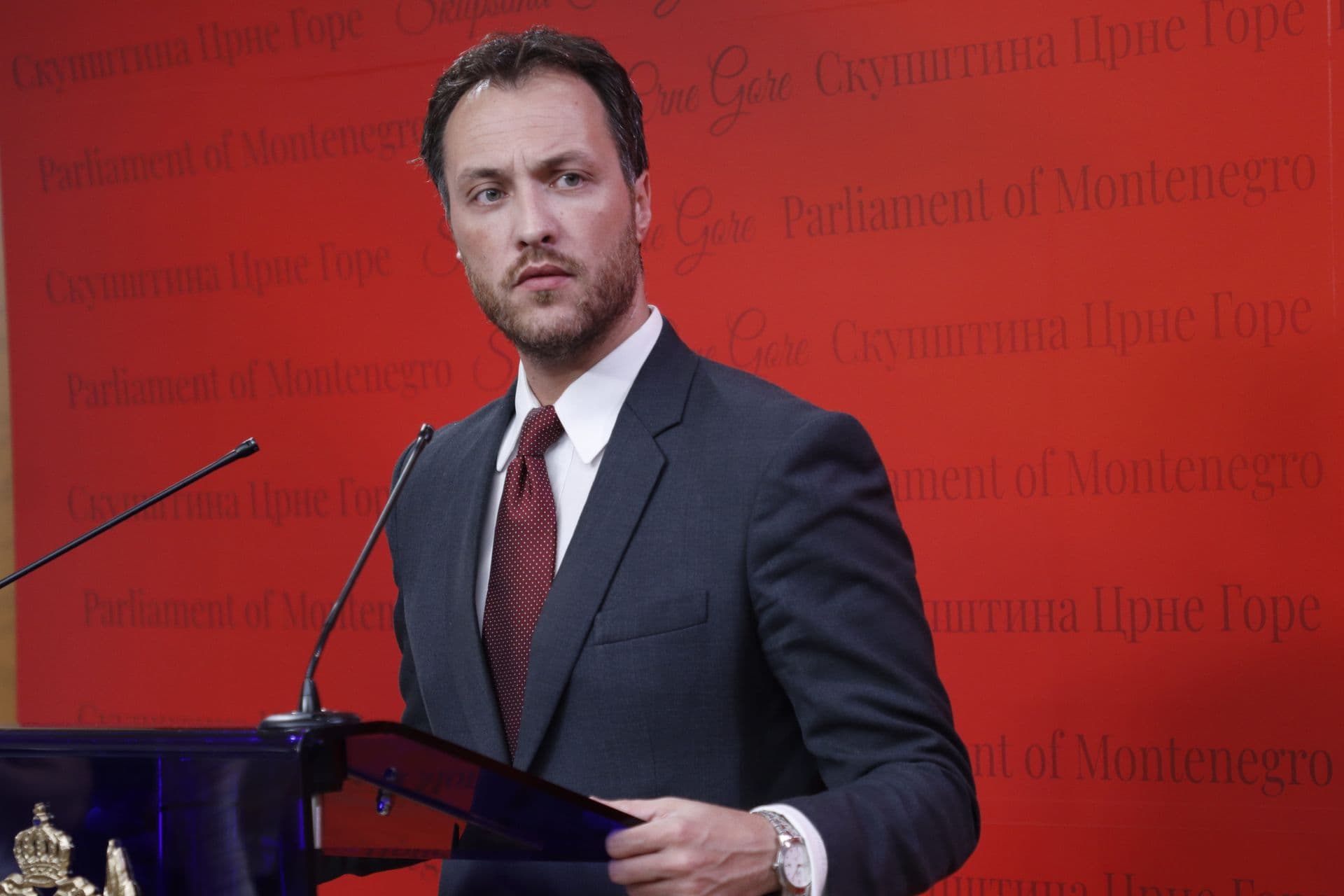Sports
Montenegro’s Immigration Policy Under Scrutiny After Violent Incident

A recent violent incident in Podgorica, Montenegro, has intensified discussions surrounding the country’s immigration policies. Following an attack involving several Turkish nationals that left a local youth injured, the political party Prava Crna Gora condemned the assault and called for immediate reforms in immigration regulations.
Marko Milacič, the president of Prava Crna Gora, expressed deep concern over the incident and emphasized the need for Montenegro to prioritize the safety of its citizens. He stated that the government has a responsibility to protect the security, sovereignty, and cultural identity of the nation. “Montenegro is a small but proud country, and it must approach any policy regarding the arrival and residence of foreign nationals with decisiveness, wisdom, and responsibility,” Milacič noted.
In light of the attack, Prime Minister Milojko Spajić swiftly announced a temporary suspension of the visa-free regime with Turkey. Additionally, Minister of Internal Affairs Danilo Šaranović revealed plans to introduce stricter laws regarding foreign nationals. These measures are seen as crucial initial steps, according to Milacič, who insisted that they should only mark the beginning of broader institutional efforts to address the situation.
Milacič highlighted that responses from some public figures and organizations have lacked a comprehensive understanding of the context and the concerns felt by citizens. He pointed out that reactions should focus on the root causes of such incidents rather than isolated, emotional responses from individuals affected by the events.
The statistics surrounding immigration in Montenegro are alarming. Reports indicate that as many as 100,000 Turkish nationals may have relocated to Montenegro in a relatively short time frame. Given the country’s population of approximately 620,000, this influx represents roughly 16 percent of the total population, a demographic shift that cannot be overlooked.
Milacič argued that such significant changes pose not only statistical questions but also critical issues related to national security, cultural identity, and social stability. He urged the government to view this trend within a broader regional and geopolitical context, stressing that it is part of a targeted and strategic presence that necessitates careful regulation in the interest of Montenegro and its citizens.
“Montenegro aspires to be a modern, democratic, and open society, but it must also safeguard its identity, traditions, and way of life,” Milacič stated. He concluded by asserting that openness and tolerance must go hand-in-hand with responsibility and the protection of national interests.
-

 Health2 months ago
Health2 months agoNeurologist Warns Excessive Use of Supplements Can Harm Brain
-

 Health2 months ago
Health2 months agoFiona Phillips’ Husband Shares Heartfelt Update on Her Alzheimer’s Journey
-

 Science1 week ago
Science1 week agoBrian Cox Addresses Claims of Alien Probe in 3I/ATLAS Discovery
-

 Science6 days ago
Science6 days agoNASA Investigates Unusual Comet 3I/ATLAS; New Findings Emerge
-

 Science3 days ago
Science3 days agoScientists Examine 3I/ATLAS: Alien Artifact or Cosmic Oddity?
-

 Entertainment3 months ago
Entertainment3 months agoKerry Katona Discusses Future Baby Plans and Brian McFadden’s Wedding
-

 World2 months ago
World2 months agoCole Palmer’s Cryptic Message to Kobbie Mainoo Following Loan Talks
-

 Entertainment3 months ago
Entertainment3 months agoEmmerdale Faces Tension as Dylan and April’s Lives Hang in the Balance
-

 Entertainment3 months ago
Entertainment3 months agoLove Island Star Toni Laite’s Mother Expresses Disappointment Over Coupling Decision
-

 Entertainment2 months ago
Entertainment2 months agoMajor Cast Changes at Coronation Street: Exits and Returns in 2025
-

 World2 months ago
World2 months agoCoronation Street’s Asha Alahan Faces Heartbreaking Assault
-

 Entertainment2 weeks ago
Entertainment2 weeks agoStefan Dennis and Dianne Buswell Share Health Update on Strictly Come Dancing









